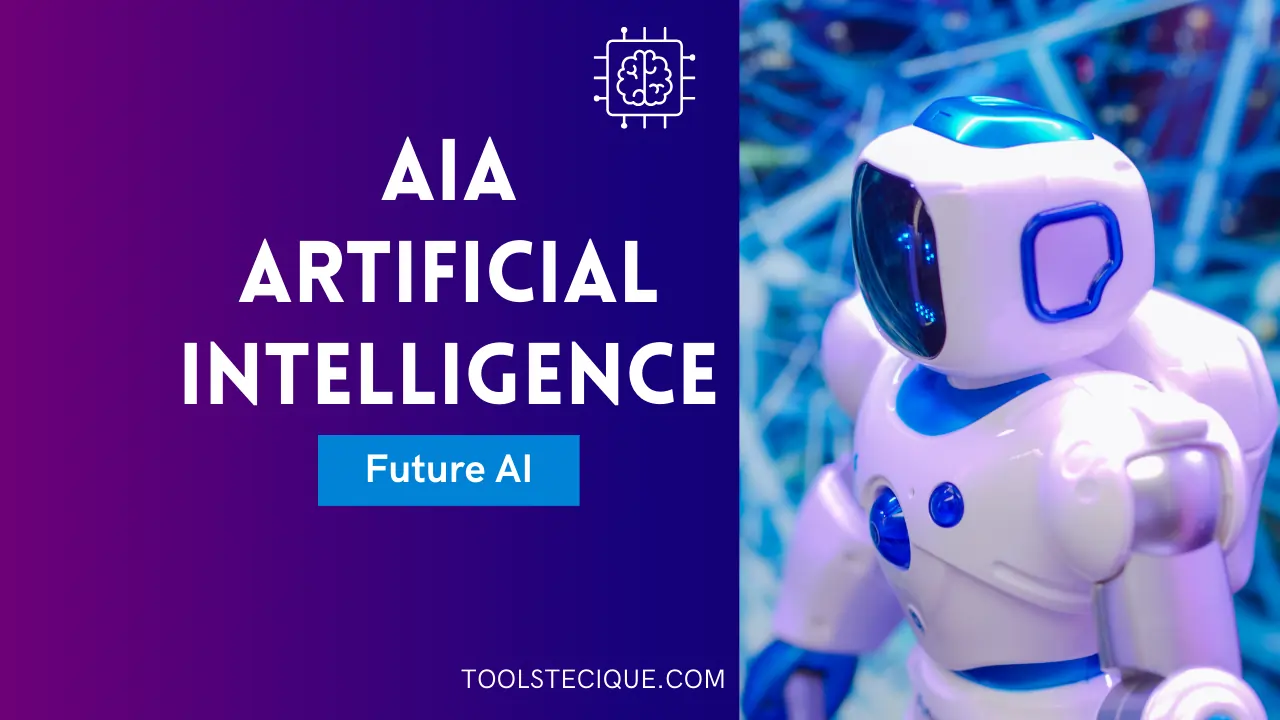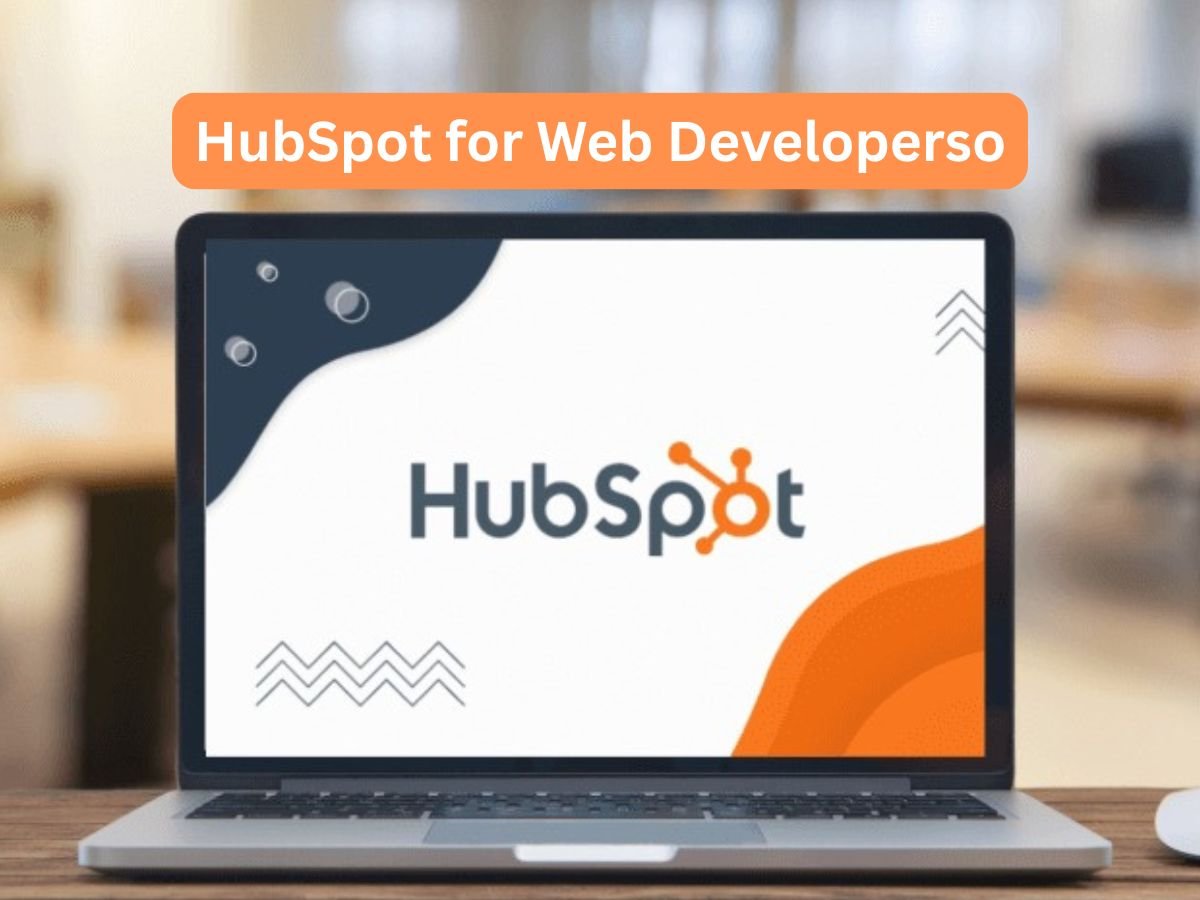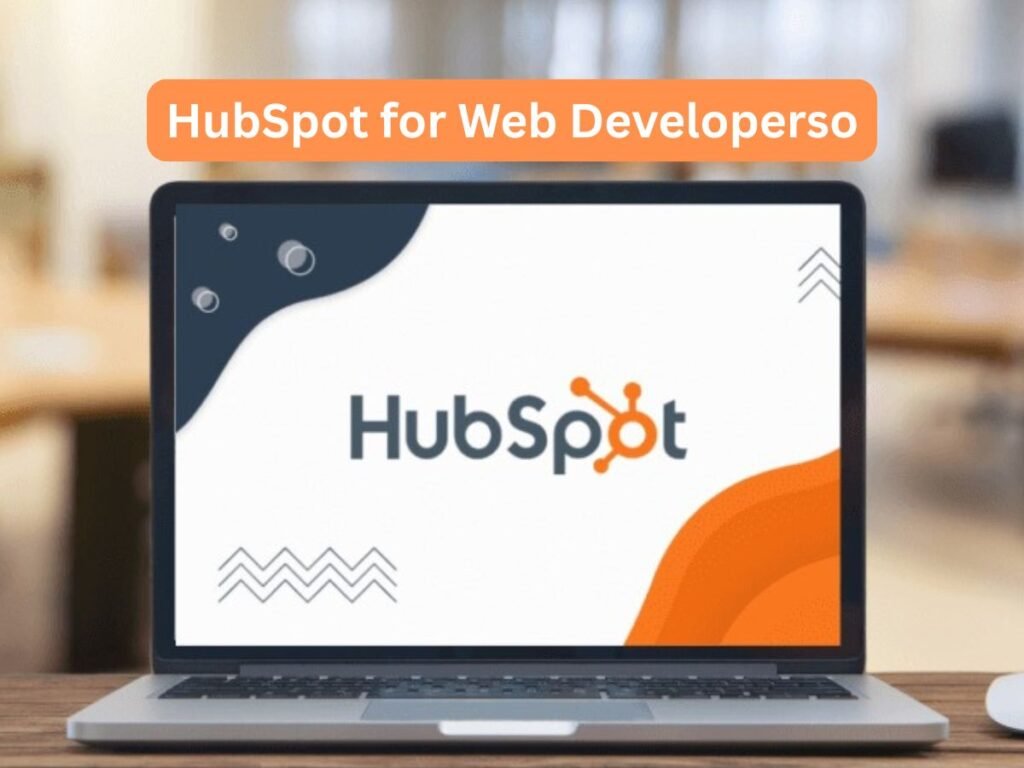Introduction
AIA Artificial Intelligence has steadily transformed industries by revolutionizing traditional workflows and enabling unprecedented efficiency. For instance, in healthcare, AI-powered systems analyze vast datasets to detect diseases early, significantly improving patient outcomes.
In manufacturing, AI-driven robotics streamline production processes, reducing waste and enhancing precision. Additionally, financial institutions utilize AI algorithms to predict market trends, offering tailored investment strategies. These examples underscore how AI not only optimizes operations but also paves the way for innovative breakthroughs across sectors.
Among the leaders in this technological revolution is AIA Artificial Intelligence, a platform renowned for its advanced AI capabilities. By blending automation, machine learning, and intelligent systems, AIA Artificial Intelligence empowers businesses and individuals to achieve more.
For instance, a logistics company used AIA to optimize its supply chain, reducing delivery times by 30% and cutting costs by 20%. Similarly, a healthcare provider leveraged AIA to analyze patient data, identifying critical health trends and enabling early interventions.
These real-world success stories highlight how AIA drives measurable results, fostering innovation and efficiency across diverse sectors. This article dives deep into what makes AIA Artificial Intelligence exceptional, its applications, benefits, and the potential it holds for the future.
What is AIA Artificial Intelligence?
AIA Artificial Intelligence is an advanced AI solution designed to automate processes, analyze data, and optimize decision-making. For example, in manufacturing, AIA integrates with IoT devices to monitor equipment performance and predict maintenance needs, reducing downtime by up to 40%.
In finance, it automates credit risk assessments by analyzing customer profiles, allowing institutions to make faster and more accurate lending decisions. In logistics, AIA optimizes route planning for delivery trucks, cutting fuel costs and improving delivery times by analyzing real-time traffic data and weather conditions.
These capabilities demonstrate AIA’s versatility in transforming operational efficiency across various sectors. Unlike traditional AI systems, AIA focuses on:
– Adaptive Learning: Continuously improving based on new data.
– Versatility: Applications across industries such as healthcare, finance, and education.
– User-centric Design: Ensuring ease of use while delivering powerful insights.
By integrating cutting-edge algorithms, AIA Artificial Intelligence stands as a beacon of innovation in the AI landscape.
Applications of AIA Artificial Intelligence
1. Healthcare
AIA Artificial Intelligence has revolutionized the healthcare industry by:
– Predictive Analytics: Forecasting disease outbreaks and patient outcomes.
– Personalized Medicine: Tailoring treatments based on genetic information.
– Operational Efficiency: Streamlining administrative tasks like scheduling and billing.
2. Finance
In the financial sector, AIA Artificial Intelligence enhances:
– Fraud Detection: Identifying suspicious activities in real-time.
– Algorithmic Trading: Making data-driven investment decisions.
– Customer Insights: Personalizing financial advice based on user behavior.
3. Education
Education systems benefit from AIA’s capabilities by:
– Customized Learning: Adapting lessons to individual learning styles.
– Efficient Grading: Automating the evaluation process.
– Predictive Metrics: Identifying at-risk students for timely intervention.
4. Retail
Retail businesses leverage AIA Artificial Intelligence to:
– Optimize Inventory: Predicting demand trends to avoid stockouts or overstocking. For example, a major retail chain implemented AIA to analyze purchasing patterns, reducing inventory waste by 25% while improving product availability.
– Enhance Customer Experience: Offering personalized product recommendations based on browsing history and preferences. An online marketplace increased its sales by 18% after integrating AIA’s recommendation engine.
– Boost Marketing Campaigns: Analyzing consumer data for targeted outreach. A global apparel brand used AIA to design personalized email campaigns, achieving a 40% higher click-through rate.
You may also like : How Ava Artificial Intelligence Is Transforming Our World?
Key Features of AIA Artificial Intelligence
1. Natural Language Processing (NLP)
AIA’s NLP capabilities enable:
– Accurate sentiment analysis.
– Multilingual communication.
– Chatbot integration for customer support.
2. Machine Learning (ML)
With ML, AIA ensures:
– Continuous improvement through adaptive algorithms.
– High precision in data analysis.
– Automation of repetitive tasks.
3. Scalability
Whether for startups or enterprises, AIA Artificial Intelligence can scale to meet diverse needs without compromising performance.
4. Real-time Data Processing
Its ability to analyze data in real-time makes it invaluable for time-sensitive applications.
Benefits of Using AIA Artificial Intelligence
1. Increased Productivity
Automating routine tasks allows employees to focus on higher-value activities.
2. Cost Savings
Reducing operational inefficiencies translates to significant financial savings.
3. Better Decision-making
Data-driven insights lead to more informed and accurate decisions.
4. Enhanced Customer Experience
AIA’s personalized solutions foster customer satisfaction and loyalty.
How AIA Artificial Intelligence Stands Out
1. Ethical AI Practices
AIA prioritizes transparency and fairness, avoiding biases in decision-making.
2. User-friendly Interface
Even non-technical users can navigate its systems seamlessly.
3. Continuous Innovation
Regular updates ensure it stays ahead of industry trends.
4. Strong Security Measures
Robust encryption and data protection protocols safeguard user information.
You may also like: Artificial Intelligence and Knowledge Management
Challenges and Solutions
1. Data Privacy Concerns
– Challenge: Handling sensitive data responsibly.
– Solution: Implementing advanced encryption and compliance with data protection regulations.
2. Integration Complexity
– Challenge: Incorporating AIA AI into legacy systems.
– Solution: Offering customizable APIs and technical support.
3. Initial Costs
– Challenge: High upfront investment for small businesses.
– Solution: Flexible pricing models and subscription plans.
The Future of AIA Artificial Intelligence
As industries evolve, the role of AIA Artificial Intelligence will expand to include:
– Autonomous Systems: From self-driving cars to automated factories.
– Advanced Robotics: Enabling robots to perform complex tasks.
– Global Collaboration: Bridging gaps across industries and nations.
With continuous advancements, AIA Artificial Intelligence is set to catalyze transformative innovations, from enabling hyper-personalized healthcare solutions powered by predictive analytics to creating seamless autonomous transportation systems that redefine urban mobility.
Imagine a future where AIA not only anticipates customer preferences in real-time but also fosters sustainable practices through intelligent resource allocation, all while pushing the boundaries of creativity in industries like gaming and entertainment.
Conclusion
AIA Artificial Intelligence represents the future of smart technology, offering unparalleled benefits across industries. Its adaptability, user-friendly design, and commitment to ethical practices make it a game-changer in the AI landscape. As businesses and individuals continue to explore its capabilities, the potential of AIA Artificial Intelligence becomes limitless. Embrace this technological revolution today to unlock new opportunities and achieve unprecedented success.
FAQs
1. What is AIA Artificial Intelligence?
AIA is a cutting-edge AI solution designed to optimize processes, analyze data, and enhance decision-making across various industries.
2. How does AIA Artificial Intelligence benefit businesses?
It improves efficiency, reduces costs, and provides data-driven insights for better decision-making.
3. What industries use AIA Artificial Intelligence?
Healthcare, finance, education, retail, and more.
4. Is AIA Artificial Intelligence secure?
Yes, it employs robust encryption and adheres to strict data protection standards.
5. Can small businesses use AIA Artificial Intelligence?
Absolutely! AIA offers scalable solutions suitable for businesses of all sizes.












1 thought on “AIA Artificial Intelligence – Future of Smart Technology”